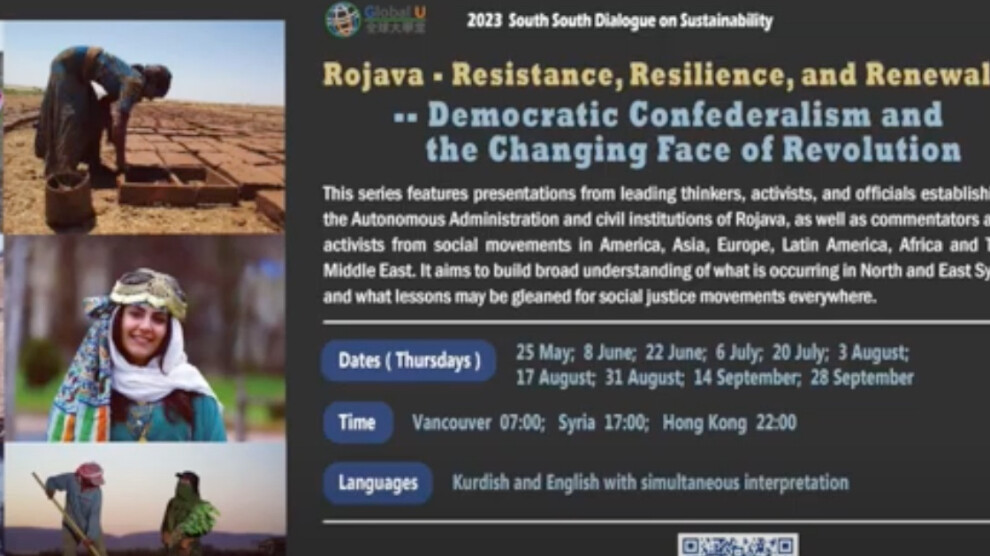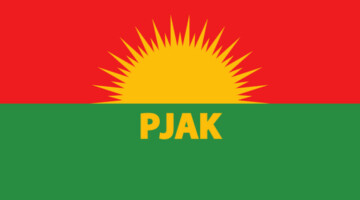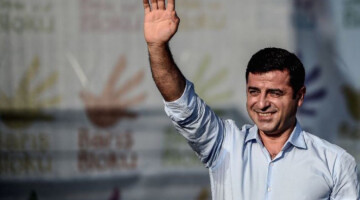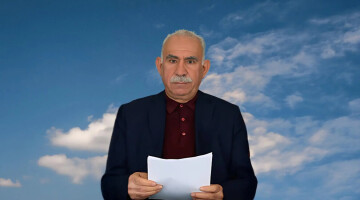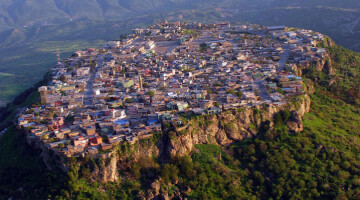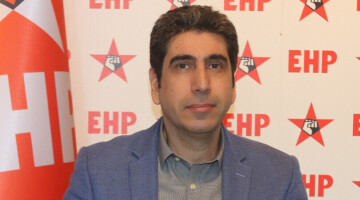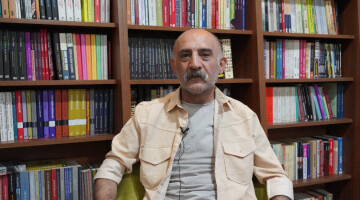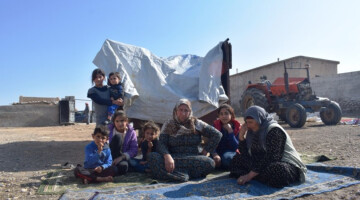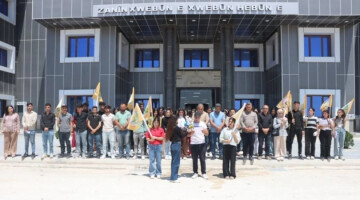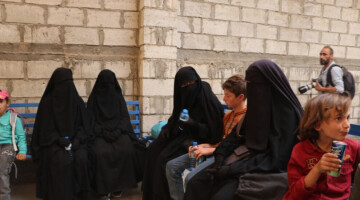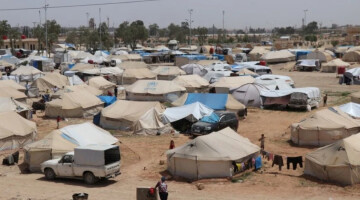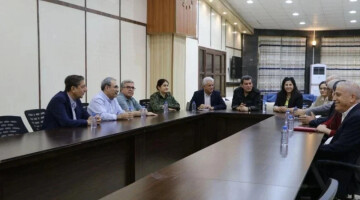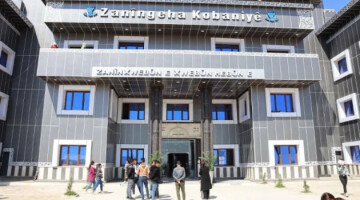The third lecture of the "Rojava series" promoted by the Global University for Sustainability, The Civil Diplomacy Center in North East Syria, and Synergia Co-operative Institute, has been published on YouTube.
The topic of the third lecture was "The democratic nation, the role of pluralism and the inclusion of ethnic and religious groups in the political system of the region." The lecturer was Foza Yusuf, member of the Executive Committee of the Democratic Union Party - PYD, and the respondent was Debbie Bookchin.
In this lecture, Foza Yosuf recounts the history and role of nation states as a model imposed by the British and the French powers in the Middle East. These nation states, based on centralized systems, took no account of the ethnic, linguistic, and religious diversity of the region nor on its history of pluralist and federalist forms of collective governance. Instead, the state form was utilized to oppress and plunder the subject peoples of this region. In turn, the nation state model enabled the rise and consolidation of power by the most regressive elements in society.
These rulers also instigated a continuous series of massacres and genocide against a range of people in the region, including Kurds, Armenians, Yezidis and other ethnic groups. Nationalism, a key element in the formation of nation states, became a prime force for the destruction of the inherent pluralism of the region.
The Democratic Nation in North-East Syria has been developed explicitly to recover the natural diversity of the peoples of this region. The term Democratic Nation, as used by Fawza Yousef, refers not to the usual sense of the representative democracy of a nation state, but as the democratic governance of the totality of a civil society in a given region. This paradigm, based on the political philosophy of Democratic Confederalism of Abdulah Ocalan, seeks to provide a new framework of autonomous and decentralized democracy to include all ethnic groups in the governance system as subjects of the decisions that affect them – not as objects under the subjection of a centralized authority.
This form of Democratic Nation is proposed as a solution to the unfreedom and oppression of peoples, not only in Syria and the Middle East, but for Europe and other regions as well. Most importantly, a Democratic Nation of distinctive and autonomously governed peoples highlights the centrality of collective freedoms – not only individual freedom – and the idea of equality among unequals. In closing, Fawza Yousef also describes the principles by which Democratic Confederalism and the Democratic Nation function at the local level.
Respondent Debbie Bookchin raises key reflections about how authoritarian nation states around the world both foster and exploit ethnic divisions to centralize power and deprive people of their freedoms.
What is civil diplomacy?
The Civil Diplomacy Centre said that its aim is "to build solidarity and cooperation bridges between the civil society of North and East Syria - Rojava and the rest of the world."
It adds: "By ‘civil diplomacy’, we mean building bridges between North and East Syria (NES) and the outside world.
We consolidate and create new understandings between the peoples of NES and the outside world, on the basis of humanitarian values, democracy, women’s freedom, and freedom of religion and belief.
We work from the basis of the diverse cultures of NES, including its Kurdish, Arabic, Christian and Yezidi heritage; its autonomous and diverse regions and municipalities; and its burgeoning civil-society movements, in particular its women’s movement.
We enable the citizens of the world to engage fully with the ‘Rojava revolution’ and ‘women’s revolution’, through bilateral educational, solidarity and outreach programs.
In this way, we contribute to the global resistance against dictatorial oppression and the war against indigenous cultures, women, and society.
We establish bilateral projects and mutual aid in order to spread peace, democracy and a communal way of life in NES and beyond."

